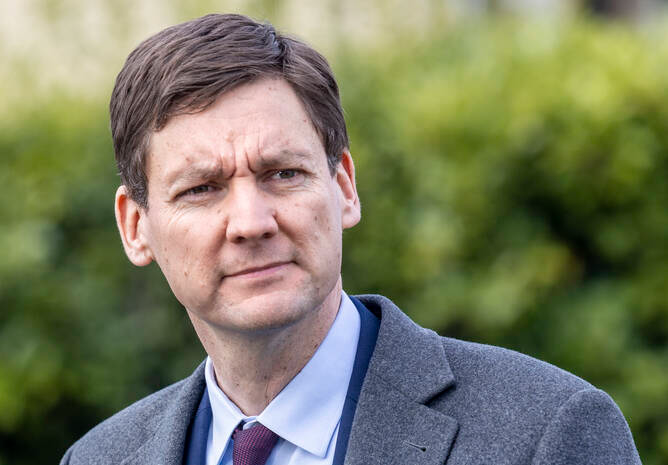His political opponents derisively call his moves “flip-flops,” but make no mistake that Premier David Eby is keeping his eye on public opinion when it comes to reversing course on sensitive issues.
This past weekend saw him announce an expansion of involuntary care for people with severe mental health problems or drug addictions.
This followed earlier moves to scrap the carbon tax on consumers and a rollback of most of the decriminalization experiment.
In so doing, Eby has taken three weapons out of B.C. Conservative Party leader John Rustad’s arsenal, as Rustad had made all three issues – particularly drug use and the carbon tax – the crux of his campaign platform so far.
The shift to involuntary care should not have come as much of a surprise, given that Eby had first floated the idea during his NDP leadership campaign. Once he became premier, however, it wasn’t really raised again.
Part of the problem was the lack of First Nations’ support for the concept. When Eby’s predecessor, John Horgan, tried to pass legislation that would have put youth with serious addiction or mental health issues in involuntary care, he ran into a firestorm of opposition from First Nations organizations and leaders.
But standing behind him (and speaking in support as well) at the event on Sunday were two prominent First Nations leaders – Chief Wayne Sparrow of the Musqueam Indian Band and Sxwíxwtn (Wilson Williams) of the Squamish Nation. As well, two other chiefs attached supportive quotes to the government news release.
So, the political landscape has clearly changed on the issue of involuntary care, hence the pivot by the Eby government. Of course, we are unlikely to see much change on this front before the election actually happens, given the chronic shortage of staff and resources, but a shift is a shift.
The announcement that B.C. would scrap the carbon tax on consumers (if the federal government drops its own requirement that it keep increasing) was supposed to occur at the beginning of the upcoming election campaign, but federal NDP leader Jagmeet Singh upset the apple cart when he suddenly announced his party’s opposition to the tax.
Singh’s bolt-from-the-blue announcement came just before Eby appeared at an event with Manitoba NDP Premier Wab Kinew, whose government also opposes the tax.
Eby’s folks realized he was likely to be asked about Singh’s announcement at the event with Kinew so, rather than wait for the election campaign, Eby moved his own announcement up by a little more than a week.
Rather than going after Eby on these three issues, Rustad is now left with the consolation prize of ridiculing Eby for “flip-flopping” and being inconsistent.
Eby will likely take that kind of criticism – which will undoubtedly resonate with some voters – in exchange for getting three unpopular issues off his plate a little more than a month before the vote.
Activists and advocates may decry his reversing course on these sensitive issues, but Eby is not courting their vote. He’s looking at federal Liberal voters who may want nothing to do with a decidedly conservative B.C. Conservative Party, which is no longer the “free enterprise coalition” party once supported by them.
They may be “flip-flops” or “pivots,” but whichever term you use, it is clear Eby’s reversals are tied to where the voters are. To use an old political phrase, he is trying to “fish where the fish are.”
Keith Baldrey is chief political reporter for Global BC. [email protected]



